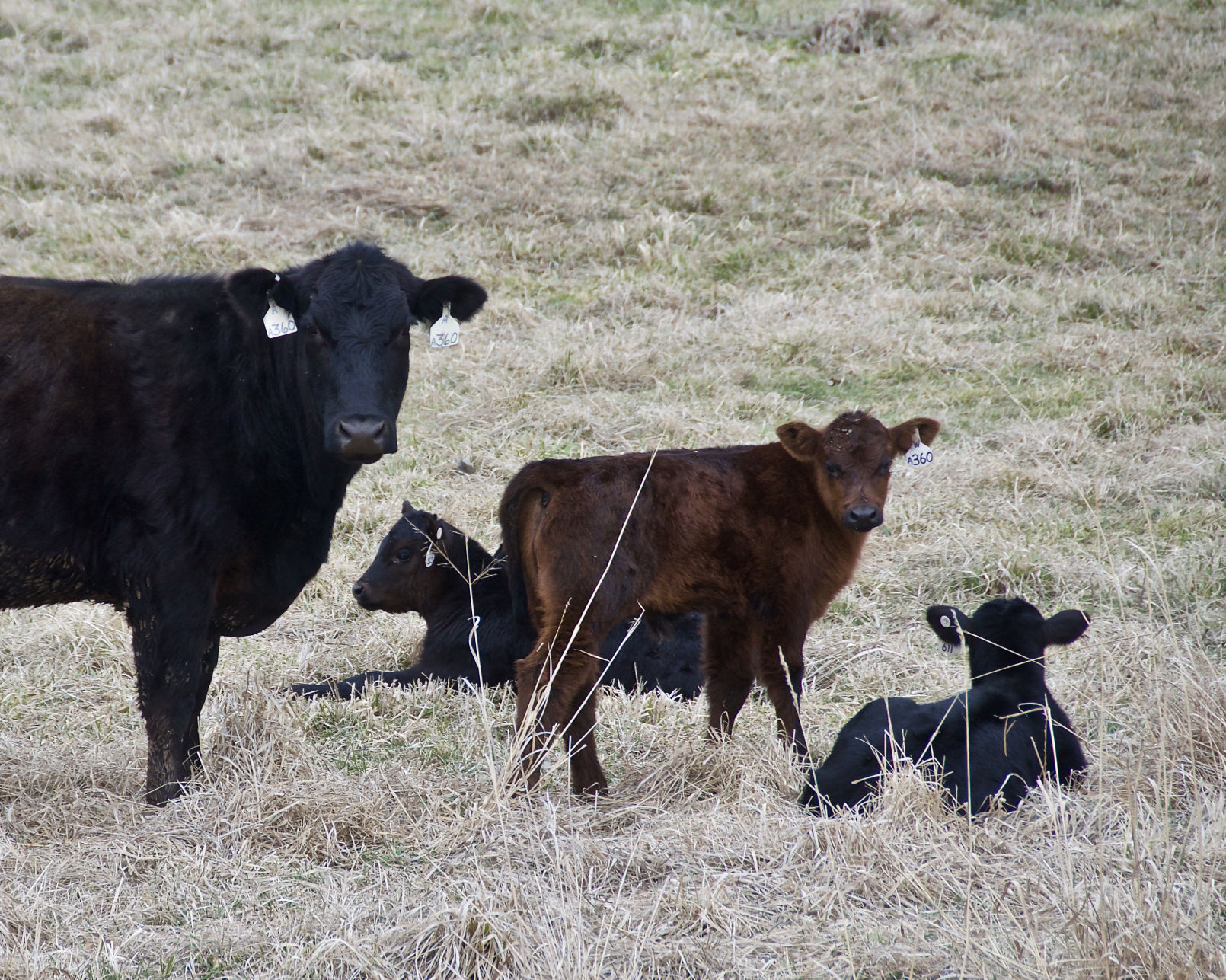The largest number of calf deaths is within three weeks after birth, says Shelby Roberts, beef postdoctoral research fellow for Alltech.
“The immune system is so raw when calves are born. They must receive good quality colostrum within the first 24 hours of life to get a boost on their immune system,” Roberts said.
Besides good colostrum, calves need to have a good amount of trace minerals in their system from the cow. Pathogen challenges may cause illness due to dirty birthing or resting areas, stress, or not meeting nutritional requirements.
Two ways calves fight sickness
Two different types of immunity react to sickness-causing antigens. Innate immunity is the quick-defense response when an antigen appears in the body. This is a quick response to an infection and non-specific to pathogens. Adaptive immunity is the production pathogen specific antibodies that have a delayed response to an infection.
“The reason colostrum is so important is because of its source of immunity and nutrients for calves,” she said. “Colostrum provides antimicrobials, anti-inflammatories, immunoglobulins, fats, proteins, minerals and helps develop the gastrointestinal system.”
The antibodies a calf receives from colostrum don’t cross through to the calf in utero, thus the importance of getting it from the milk. The antibodies from colostrum protect calves until their immune systems are fully functioning at about two weeks of age.
“Seventy percent of the immune system is in the gut. The immune system prevents bugs from going into the blood stream,” she said.
Beneficial and pathogenic bacteria are both present in the gut. If a calf has an inflammation from pathogenic bacteria attaching to the gut, the immune system and good bacteria will help fight the pathogenic bacteria.
“The problem with using antibiotics when a calf has scours (an inflammation of the gut) is it kills all the bad and good bacteria and when the antibiotic wears off, the bugs can grow back at the same speed,” Roberts said. “If we improve gut health by adding a yeast product and sticky sugar, the bad bacteria won’t cause the inflammation.”
Promoting good bacteria
Feed supplements can be added to the diet of beef animals to promote good bacteria and support natural defenses, she said. Alltech’s Bio-Mos along with the addition of organic minerals can have an effect on health and performance. The yeast product binds to receptors of pathogenic bacteria and breaks up the bacteria so it can’t cause sickness, according to Roberts.
Proper vaccinations will also help cows build antibodies passed through colostrum to prevent sickness due to disease such as rotavirus.
Roberts said good gut health in calves may help keep the calf healthy throughout its life by reducing mortality and treatments due to sickness.
“Improved performance results in increased efficiency and can mean more money in the producer’s pocketbook. This can be achieved through improved animal growth or reductions in calf treatments,” Roberts said. “Being proactive in getting calves with healthy guts can help these animals reach their genetic potential.”
Jennifer Carrico can be reached at 515-833-2120 or [email protected].


